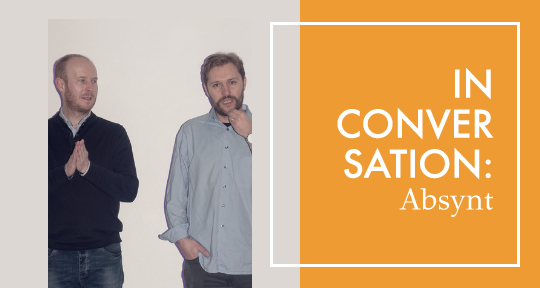This week, our writers bring you the latest news from Poland, Sweden, and China. In Poland, Anna Zaranko’s translation of Kornel Filipowicz was awarded the 2020 Found in Translation Award; in Sweden, an anthology will soon be released of writings on coronavirus, featuring many international writers including Olga Tokarczuk; and in China, bookshops are responding to challenging times by moving to online engagement with their reading community. Read on to find out more!
Julia Sherwood, Editor-at-Large, reporting from Poland
Since she received the Nobel Prize for literature in 1996, Wisława Szymborska’s poetry has been appreciated around the world, while the work of her partner of twenty-three years, the master story teller Kornel Filipowicz (1913-1990) remained largely unknown outside Poland. Fortunately, this has changed with The Memoir of an Anti-hero by Kornel Filipowicz, published by Penguin Modern Classics in 2019 in a translation by Anna Zaranko. On March 31, Zaranko received the 2020 Found in Translation Award in recognition of her “quietly understated yet immensely evocative rendering of Filipowicz’s prose, which The Sunday Times’s David Mills described as ‘provocative, troubling, awkward, a proper classic.’”
On May 27, the winner of the eleventh Ryszard Kapuściński Award for Literary Reportage, awarded by the City of Warsaw, was announced online (the fourteen-minute video of the ceremony has English subtitles). The prize went to Katarzyna Kobylarczyk for Strup. Hiszpania rozdrapuje rany (The Scab. Spain Scratches its Wounds, 2019 Wydawnictwo Czarne), a book about grappling with historical memory. The jury praised it as “a fascinating story that blends the nightmarish and the grotesque, in which reality reveals its metaphorical dimension. It is proof that one can create real literature relying solely on facts.” READ MORE…


